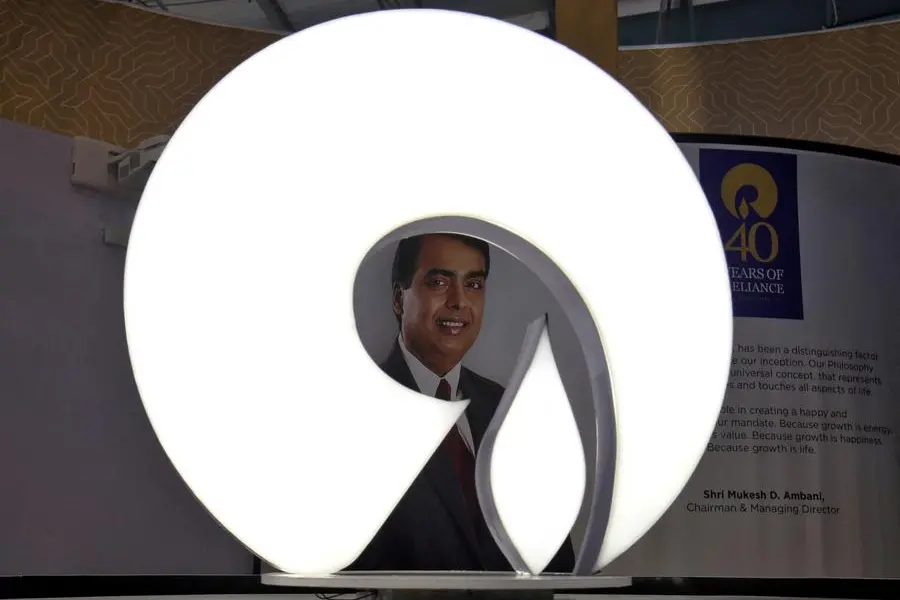Reliance, led by billionaire Mukesh Ambani, has called on India’s telecom regulatory authority to reconsider its plans to allocate satellite spectrum without an auction, setting up a high-stakes clash with Elon Musk’s Starlink. The debate over spectrum allocation intensified on Friday as Ravi Gandhi, a senior Reliance policy executive, urged the Telecom Regulatory Authority of India (TRAI) to reject administrative allocation, arguing it is “the most discriminatory method of assigning any kind of government resource.”
India’s telecom minister recently indicated that spectrum allocation may follow a non-auction model, aligning with international trends, but the final decision will depend on TRAI’s recommendations. Starlink, a subsidiary of Musk’s SpaceX, has backed the proposed allocation, with Starlink India executive Parnil Urdhwareshe describing it as “forward-looking.”
Reliance’s call for an auction stems from concerns about preserving its dominant position in India’s telecom sector, especially after investing $19 billion in airwave auctions. Analysts suggest that an auction would increase the cost of entry, potentially discouraging international players like Starlink from entering the Indian market.
Starlink’s recent success in other regions, including a $10 per month offering in Kenya—dramatically lower than its U.S. price—has raised concerns among Indian telecoms about potential disruption from low-cost satellite broadband. In Kenya, local providers have already pushed for regulatory measures to require companies like Starlink to partner with domestic networks, reflecting fears that similar pricing strategies in India could undercut established telecom players.
The TRAI’s decision, expected in the coming weeks, will play a crucial role in shaping India’s satellite internet market, potentially setting the stage for intensified competition between the two billionaires in the rapidly evolving telecom landscape.





